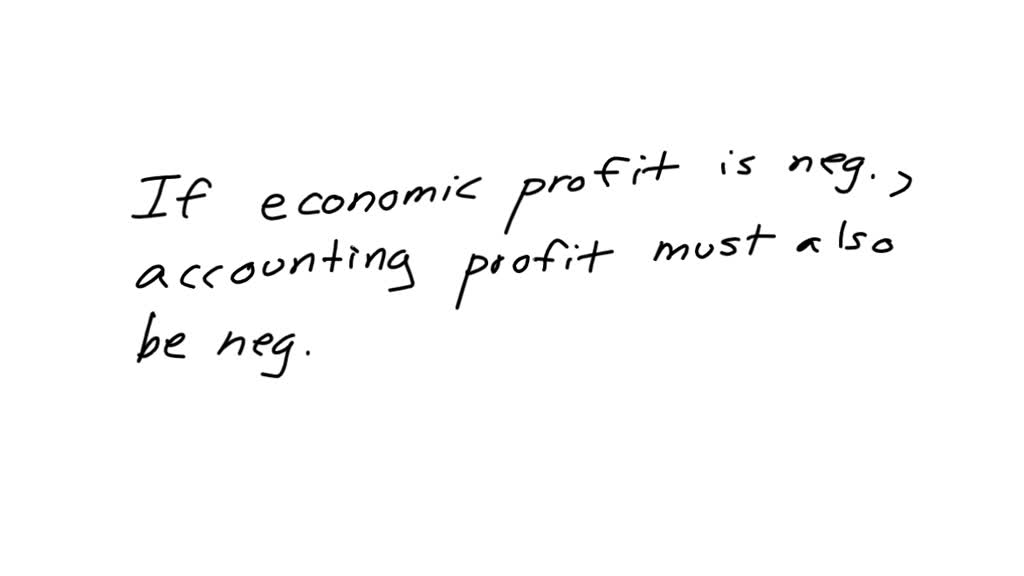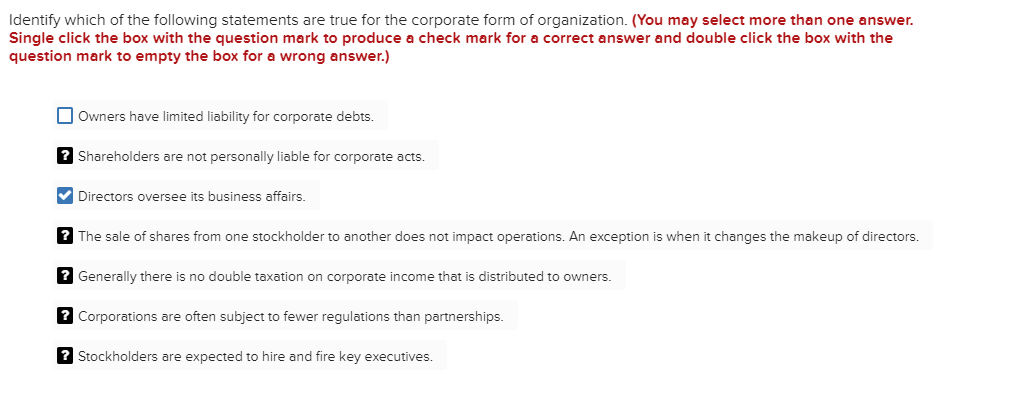Which Statements About The Profit System Are True

Debates surrounding the profit system are constant, shaping economic policies and influencing public discourse. Understanding the nuances of these discussions requires careful examination of various claims made about how the system operates, its benefits, and its drawbacks.
This article aims to dissect some of the most prevalent statements concerning the profit system. It will analyze them using data and insights from reputable sources.
Understanding the Core of the Profit System
At its heart, the profit system, also known as capitalism, centers on the private ownership of the means of production.
The goal is to generate profit, which is the difference between revenue and costs.
This pursuit of profit theoretically incentivizes innovation, efficiency, and economic growth.
Statement 1: The Profit System Always Leads to Inequality
This is a complex statement often fueled by observations of income and wealth disparities.
Data from organizations like the World Bank and the International Monetary Fund (IMF) indicates that while capitalism can drive economic growth, it can also exacerbate inequality if not managed effectively.
Factors like access to education, healthcare, and social safety nets play crucial roles in mitigating inequality within a profit-driven system.
Statement 2: The Profit System Inevitably Exploits Workers
The exploitation of labor is a recurring critique leveled against the profit system.
The argument centers on the idea that businesses seek to minimize labor costs to maximize profits, potentially leading to unfair wages and working conditions.
However, labor laws, unions, and market forces can influence wage levels and working conditions, offsetting potential exploitation.
Statement 3: The Profit System Guarantees Innovation and Efficiency
Proponents of the profit system often highlight its ability to spur innovation and efficiency.
The competitive pressure to gain market share and increase profits pushes businesses to develop new products, services, and production methods.
However, some argue that the focus on short-term profits can sometimes stifle long-term investments in research and development, thus hindering potentially more significant breakthroughs.
Statement 4: The Profit System Is Inherently Environmentally Destructive
The environmental impact of the profit system is another frequent point of contention.
Critics argue that the pursuit of profit can lead to the overexploitation of natural resources and pollution.
"The focus on short-term financial gains often overshadows environmental concerns," says Dr. Emily Carter, an environmental economist at Princeton University.
However, market-based solutions like carbon pricing and environmental regulations can incentivize businesses to adopt more sustainable practices.
Statement 5: The Profit System Promotes Consumer Choice
One of the claimed benefits of the profit system is the wide array of choices it provides to consumers.
Competition among businesses drives them to offer diverse products and services at competitive prices.
However, critics argue that this "choice" can be manipulated through advertising and marketing, leading to overconsumption and the creation of artificial needs.
The Role of Regulation and Governance
Many of the criticisms leveled against the profit system stem from its potential for excesses.
Effective regulation and governance are crucial for mitigating these risks.
Strong institutions, transparent legal frameworks, and robust social safety nets can help ensure that the profit system operates in a way that benefits society as a whole.
Governments play a significant role in ensuring fair competition, protecting workers' rights, and safeguarding the environment.
Their policies can significantly shape the outcomes of the profit system.
The Human Angle
Consider the story of Maria Rodriguez, a small business owner who started her own bakery with a small loan.
Through hard work and dedication, she built a thriving business, creating jobs in her community and providing high-quality products to her customers.
Her story exemplifies the positive potential of the profit system, but also highlights the challenges and risks entrepreneurs face.
Conclusion
There is no simple, universal answer to whether the profit system is inherently good or bad.
The truth lies in the specific context and the policies that govern its operation.
By critically examining the claims made about the profit system and implementing policies that promote fairness, sustainability, and social well-being, societies can harness its potential while mitigating its risks.







